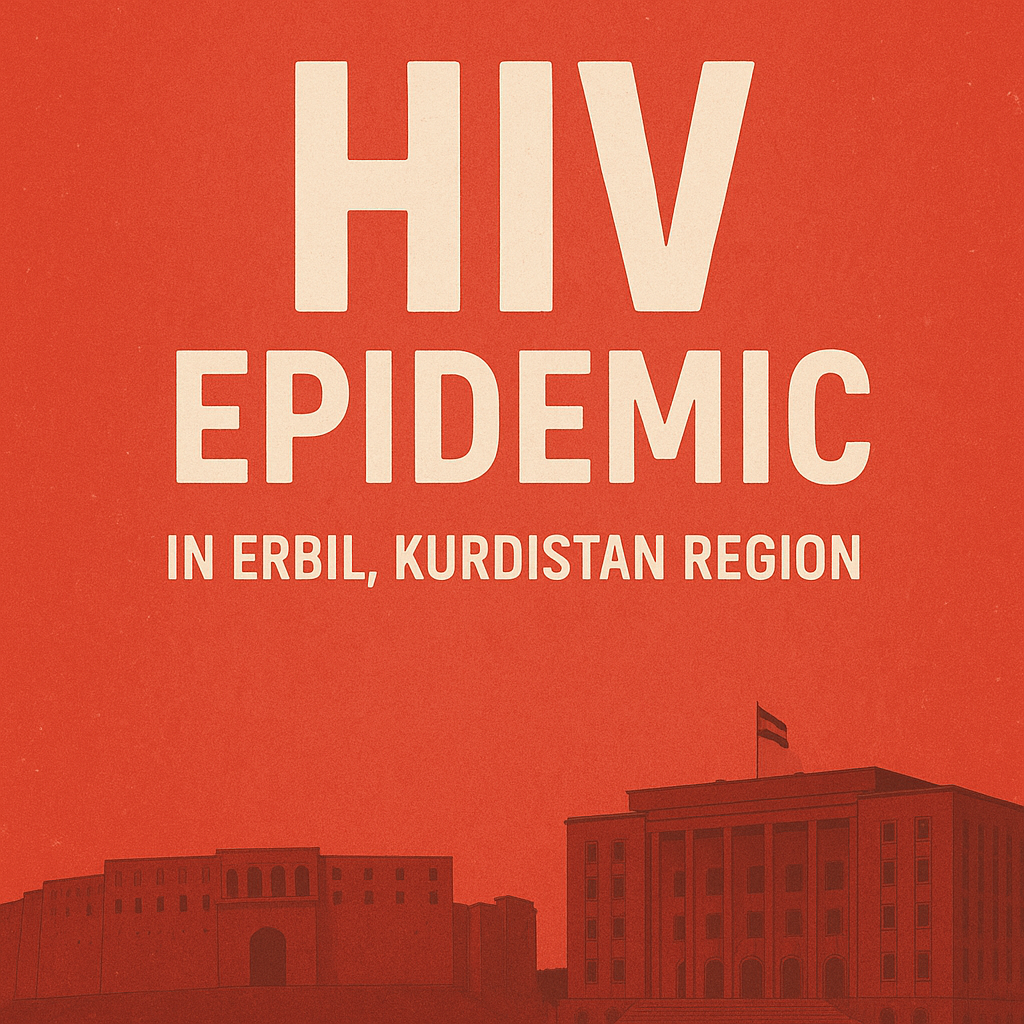“Dirty Hands”: How They Are Driving Erbil into a Public Health and Moral Collapse
By Kurdfile Editorial team| Investigative Report | Erbil | May 26, 2025
In the shadows of Erbil’s rapid urban growth, a health catastrophe is unfolding one not born of ignorance or lack of resources, but of political protection, deliberate neglect, and the institutional promotion of a parallel underground economy.
The recent closure of six beauty and wellness centers tied to active HIV cases has laid bare a terrifying truth: Erbil is becoming the epicenter of a preventable HIV epidemic, fueled by politically-protected sex trafficking, drug distribution, and a collapse of public morality all under the watchful eye of Kurdistan’s ruling elites.
A Culture Promoted by Power: The Dirty Hands of KDP and PUK
According to a 2024 report by the Aran Organization for Human Rights, 72 out of 118 known sex-trade-linked establishments in the Kurdistan Region operate in Erbil, and every single one is reportedly protected by figures within the Kurdistan Democratic Party (KDP) and the Patriotic Union of Kurdistan (PUK).
These aren’t isolated incidents. Aran’s report provides detailed testimony from government insiders and whistleblowers who confirm that party-connected individuals are profiting directly from these establishments, which operate as covert brothels, drug fronts, and money laundering hubs.
“Routine inspection is a joke,” one health worker told Aran. “You can’t shut down what’s owned by a minister’s brother or guarded by a party militia.”
One stark example is the notorious “Lebanese Village” compound in Erbil, where dozens of spas and “wellness centers” cater to a wealthy clientele. While promoted as a tourism investment, insiders say it has become a center for sex trafficking, foreign-run brothels, and narcotics access, with full protection from political and security networks.
Mona Yako Breaks the Silence: “This Is Not Our Culture”
Even voices within the system are beginning to speak out. Mona Yako, the manager of the Kurdistan Regional Government’s Human Rights Department, recently issued a rare and scathing public criticism:
“Immoral behavior is now seen in the streets of Ainkawa on a daily basis, especially after midnight. Foreigners, who are not local residents, openly engage in this behavior, and the unexpected rise in hotel numbers in a district as small as Ainkawa defies logic or local needs.”
Yako’s comments reflect a growing alarm over the deliberate cultural shift being imported and imposed on Kurdish society one promoted not by grassroots demand, but by the political-commercial alliances that treat Erbil as a free zone for exploitation.
A Silent Epidemic, Measured in Lies
While six HIV-linked centers have been shut down this year, the numbers paint a much grimmer picture.
According to WHO models, every confirmed HIV case in the Middle East represents four to six additional undetected cases. Applying that ratio to Erbil’s recent closures suggests 24 to 36 real cases and that’s just from known centers.
The rise is undeniable:
- 2015: 5 confirmed HIV cases
- 2020: 20 cases
- 2022: 54 cases
- 2023: 87 cases
If trends continue, over 200 confirmed HIV cases will be recorded in the Kurdistan Region annually by 2030. But experts warn that the true number of infections could range from 800 to 1,200 per year, due to systemic underreporting, lack of testing, and the complete invisibility of local sex workers within the healthcare system.
Many of those infected will remain untreated — not due to stigma alone, but because the institutions designed to find and help them have been disabled by political interference.
Collapse by Design: From Public Health to Political Profit
At the heart of the crisis is not just moral failure — it is state capture of public health. Under Health Minister Dr. Saman Barzanji, a loyalist to the Barzani family, the public hospital system has all but collapsed. Critical shortages in antibiotics, painkillers, and trained medical staff are now the norm.
Meanwhile, a thriving private healthcare sector tied to KDP and PUK elites is expanding. These clinics operate with near-total immunity, some doubling as unlicensed sex and narcotics centers. Many employ young, financially vulnerable women, often trafficked and held in coercive conditions.
Sex workers mostly local and undocumented are tested infrequently, if ever. Foreign workers are screened once during residency procedures, then forgotten. There is no structured health oversight for this sector, and no will to create one.
Moral Breakdown, Social Decay
This crisis is not just medical it is existential. The unchecked spread of commercial sex work and drug use is ripping apart the Kurdish social fabric. Family structures are collapsing. Addiction is rising. Youth are being drawn into exploitation and discarded when no longer profitable.
“These aren’t beauty salons they are state-sanctioned exploitation hubs,” said a former social worker in Erbil. “Everyone knows who’s behind them. And everyone is afraid to say it.”
2030: The Coming Collapse
If nothing changes, by 2030 the Kurdistan Region will be deep inside a localized HIV epidemic. Official numbers will pass 200 confirmed cases per year, but the true burden could reach 1,200 new infections annually. That’s 100 people infected per month, many of whom will unknowingly spread the virus in silence.
This future is not hypothetical. It is projected based on current data, global models, and the Region’s own health records. And yet, not a single meaningful reform has been implemented.
Final Word: A Crisis with Architects, Not Accidents
This is not a crisis of culture. This is not the fault of desperate women, foreigners, or declining values.
This is a crisis engineered by political elites by those who own the buildings, license the centers, silence the inspectors, and profit from every transaction. The KDP and PUK leadership have dirty hands, not just in economics, but in the erasure of public trust, public morality, and public health.
Unless there is swift intervention from independent medical authorities, serious international pressure, and a total dismantling of the protection networks around this industry, Erbil’s future is not one of prosperity but of infection, addiction, and collapse.

